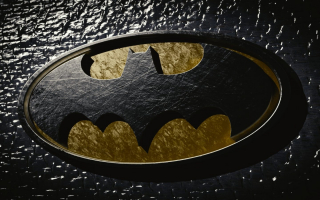Top 10 Popular Things That Were Never Meant to Be Popular
Popularity can change quickly. Anyone or anything can become well-known for nearly any cause. It is difficult to plan for and control because it is so ... read more...unpredictable. What makes a novel cereal sort popular? or a specific song? Nothing would ever be unpopular if everyone had the secret recipe. But even when something isn't actually aiming to gain popularity, it might nonetheless happen.
-
From the Romantic era, Francisco de Goya was a Spanish painter. These days, he is perhaps most renowned for his 14 Black Paintings, which are truly incredible works of horror art. The most well-known of them is arguably Saturn Devouring His Son, which depicts the horrifying god Saturn (also known as Cronus) from Greek and Roman mythology, who ate his own offspring to keep them from overthrowing him when they reached adulthood.
Goya never meant for this or any of the other paintings to be viewed, despite how well-known they are today. He painted them on the walls of his own house, so we know this. Baron Frédéric Émile d'Erlanger did not purchase the artist's residence and commission the works to be reproduced on canvas until several years after Goya's passing. They were on show at an exhibition in Paris, where individuals thought them to be distinctly offensive. The popularity of the paintings only increased from then to where it is today because, if there's one thing people adore, it's controversy. One of the best artists of the time is largely regarded as being Goya.
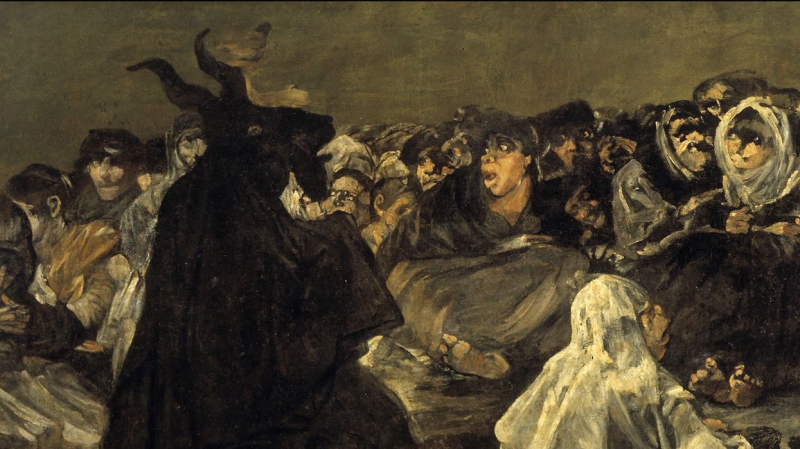
https://bigthink.com/ 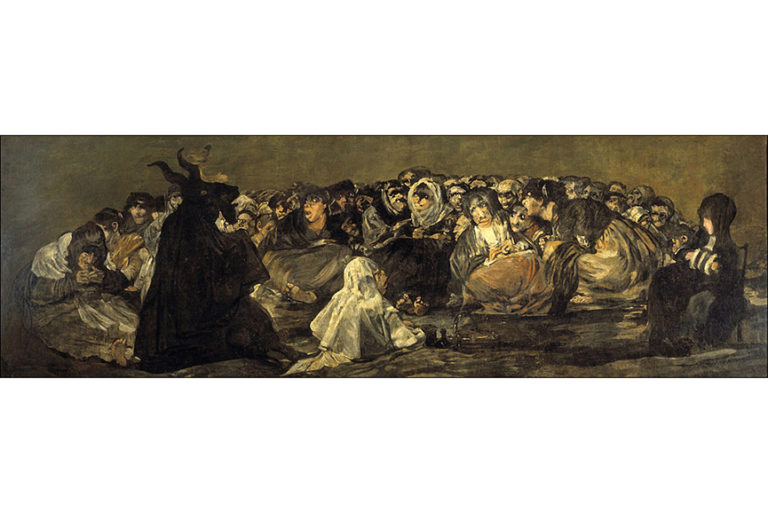
https://www.widewalls.ch -
Toy Story made $244 million worldwide, including almost $30 million during its 1995 opening weekend. This film helped Pixar gain notoriety and establish itself as the industry leader in animation that they are today. It was practically a given that there would be a sequel.
Toy Story 2 has since become Pixar's highest rated movie. But that size was never anticipated. In actuality, it was intended to be a direct-to-video sequel, one of those lesser works that normally only appeals to diehard fans and is seen a success if it generates any sort of revenue.
Instead, Disney upped the movie to a full theatrical release because the production crew was so confident they had something special. The team was under pressure to get the film up to that level on a tight schedule and ultimately created their greatest film to date, which was the result of an unanticipated success.
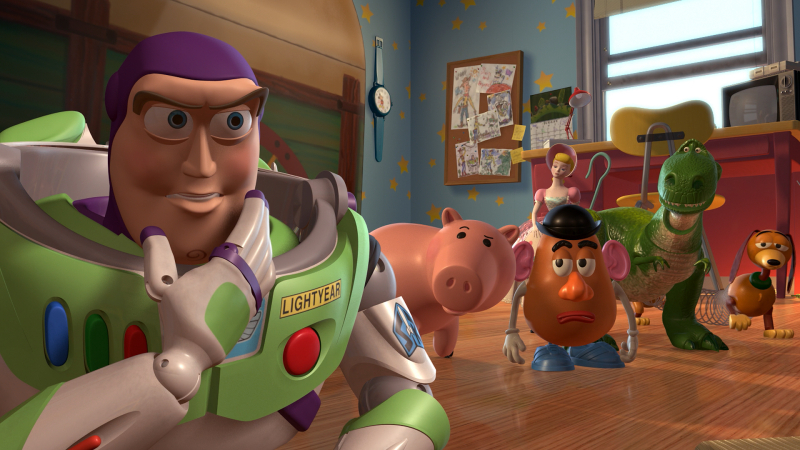
https://theoscarbuzz.blogspot.com 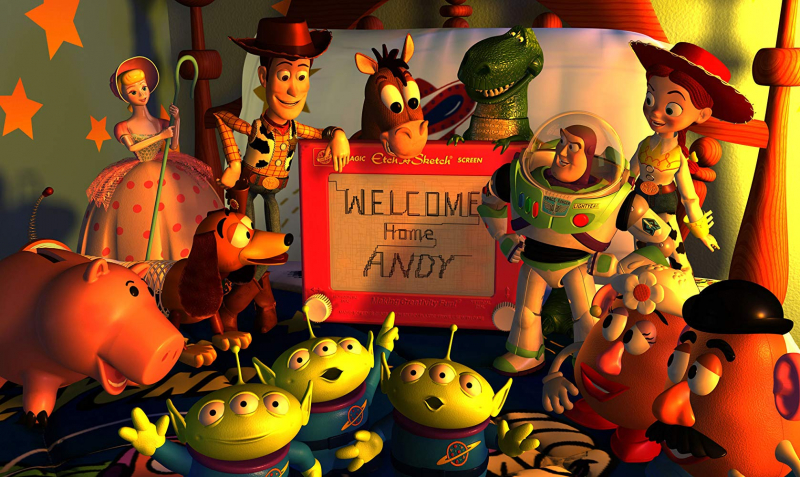
https://weliveentertainment.com -
A saxophone is loved by everyone. It's breezy and enjoyable and suits both seductive songs and action sequences in movies. But that kind of use was never planned at all. The fact that the sax was once intended to be a part of an orchestra can be linked to the history of the instrument in both jazz and rock.
If you enjoy symphonic music, you may already be aware that the devil's horn is not present. This is due to the fact that Adolphe Sax invented the saxophone in 1841—many years after some of the greatest symphonies had already been composed. He had essentially missed the boat. Because all of those large symphonies by renowned composers like Bach, Mozart, and Beethoven were not created with a sax in mind and because recomposing them would have required a lot of time and work, the sax did not fit into orchestras.
Even worse, when the sax initially came out, people despised it. Because of the threat they believed a saxophone constituted to the musical instrument injury because of the variety of sounds it could produce, Sax the man's opponents attempted to sabotage him by seizing his instrument and even killing him. The sax was therefore forced out of symphonies and classical music, but it was ready to be adopted by jazz and then rock a few years later, when it went on to become one of the key components of their sounds.

https://taylormademusic.net 
https://www.megamusiconline.com.au/ -
Without transporter technology, the Star Trek series is difficult to imagine. According to the show's history, transporters essentially convert a thing's matter into energy, so they may quickly move it to a faraway location. Since the first season in the 1960s, it has been a mainstay of the program and is arguably the best example of the fantastic sci-fi technology for which the program was renowned. Additionally, it was never actually intended to be a part of the program.
The crew of the Enterprise had to take a shuttle whenever they wished to visit a new planet because of the original series' modest budget. To conserve money and make ends meet, the authors came up with the transporter. They put some fictitious constraints on the technology, so it couldn't be a panacea for all issues, and it has since gone on to play a crucial role in many tales, even today.
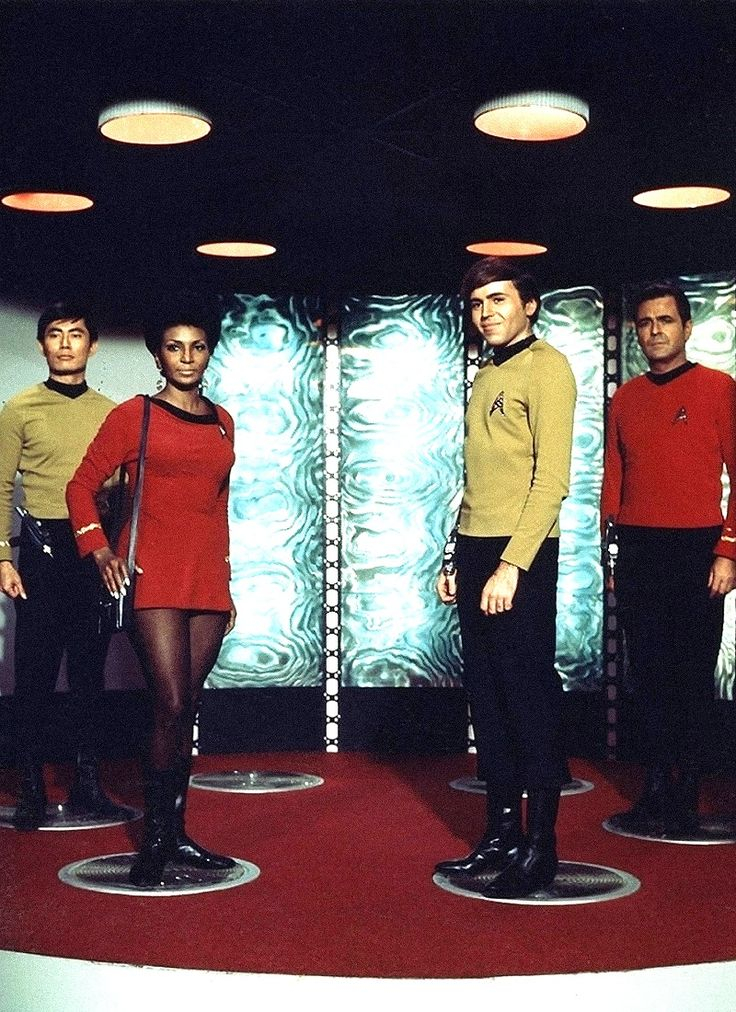
https://www.pinterest.com 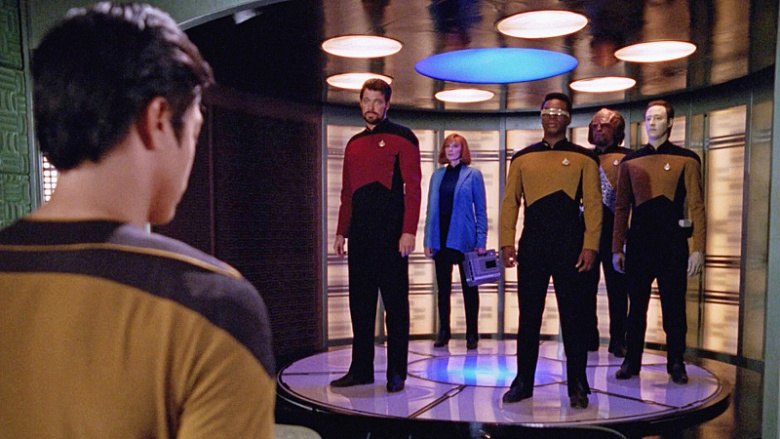
https://www.grunge.com -
Bill Pullman's President Whitmore delivers a stirring speech about the world banding together against aliens toward the end of the film Independence Day. On numerous websites, it has been listed as one of the best monologues in movie history. This patriotic and inspiring speech has received a lot of praise, yet despite that, it was not written with any intention of becoming a strong speech or piece.
Dean Devlin, a co-writer, penned the entire speech in five minutes without planning to use it at all in the movie. He claimed that he wanted to "vomit out something pretty fast" before fixing it afterwards. However, he and his co-writer forgot to replace the slack speech because they were under pressure to finish the movie quickly. As a result, what he considered to be trash ended up in the movie, and everyone appeared to enjoy it. Even the real White House has utilized it because it has become so legendary.
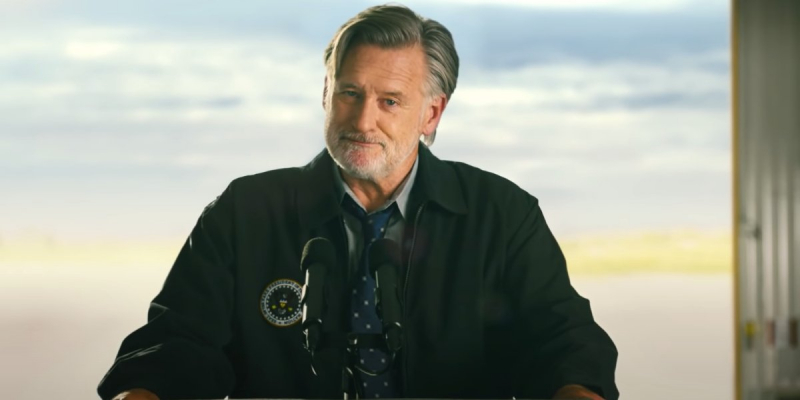
https://www.cinemablend.com 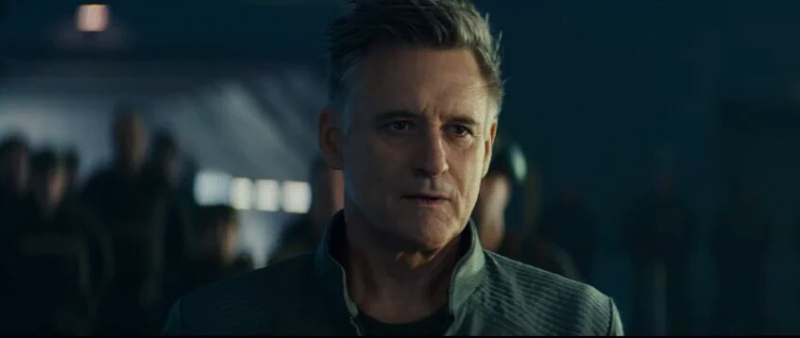
http://www.scified.com/ -
It's impressive that Wolverine is one of the most well-known comic book characters in the world despite not appearing in either the MCU or the DCEU. Hugh Jackman's portrayal of Wolverine in multiple movies helped him establish himself as a popular figure and the most well-known X-Man. But for the resourceful little Canadian, it wasn't always in the cards. He wasn't even a mutant when he initially appeared in The Incredible Hulk; he was merely a minor character.
Roy Thomas, who co-created Wolverine, has admitted that all he saw in the character was a hero. Just a person with claws in the Canadian woods; neither mutants nor the X-Men. Because a wolverine is a little animal, he informed illustrator Len Wein that he was Canadian, went by the moniker Wolverine, and was only five feet tall. And from there, one of Marvel's most well-known characters' mythos was born. Marvel chose a diverse cast of mutants when they decided to revamp the X-Men in 1975 to resurrect the failing series for a global audience, and everyone's favorite Canadian made the roster.

http://wallpapercave.com 
https://www.hdwallpapers.in -
The phrase "alpha male" has received a lot of criticism and conjures up strong mental imagery. The majority of people would understand the word "alpha male" to mean, at best, a guy who is aggressive, forceful, and domineering or, at worst, someone who demonstrates what is typically referred to as toxic masculinity. There is clearly some overlap, but neither of them really captures the essence of what the term is meant to convey.
Biology, and more specifically, studies of animals, gave rise to the phrase "alpha male." Numerous animal species maintain communal lifestyles, with one male appearing to play a dominant or alpha role. Inadequately, this has been simplified to the notion that an alpha male is the biggest, strongest guy who seizes control and put downs any disagreement. That is untrue.
Based on his years of research, primatologist Frans de Waal, who helped popularize the phrase "alpha male," explains what a "alpha male" actually is. To be succinct, an alpha guy must be giving, compassionate, and able to maintain harmony. They are cherished and revered, yet they are not feared or despised. De Waal makes it abundantly obvious that being a bully has nothing to do with being an alpha male and that this is only a cursory understanding of the concept.
http://www.huffingtonpost.com 
https://www.godates.com -
By July 2021, Sony had sold 116 million PS4 consoles. With close to 158 million units sold, the PS2 was the most popular gaming console ever. The original PlayStation sold just over 104 million units, and PS3 sold close to 87 million. Undoubtedly, Sony has succeeded. And to think that the PlayStation was never even intended to be a standalone system.
When the PlayStation was first being developed, Sony was designing it as a Nintendo peripheral. Sony and Nintendo had an agreement whereby Sony would create an optical drive add-on that would enable Nintendo gamers to play CD-based games. After that, Nintendo suddenly executed a double cross. The Consumer Electronics Show was the intended venue for the cooperation announcement. However, Nintendo revealed that they would be collaborating with Phillips N.V. as opposed to Sony. Nobody at Sony was aware of what was going on. Their first knowledge of it came through the public announcement.
It turns out that Sony's ability to create and market their own games angered Nintendo. Therefore, they ignored their agreement and forged a new one without consulting Sony. Later, Sony would create the most well-known gaming console. In contrast, Nintendo's N64 was a failure.
http://www.pushsquare.com/ 
https://www.youtube.com/ -
Being able to pull off a signature appearance is a talent not everyone possesses. Amazingly few people in the world possess a particular "item" that serves as a physical calling card. You may say that the beards of the members of ZZ Top or the makeup used by the members of KISS suit this description. In line with the musical motif, there is also Slash, one of the most well-known guitarists in the world who has been distinguished for years by his distinctive top hat.
For many years, Saul Hudson, commonly known as Slash, could be recognized by his head of curly black hair hidden beneath a top hat. It turns out he never meant that to be his default appearance. The hat wasn't even officially his, in reality. He took it. When Slash first saw the hat in 1985, he thought it would go well with his style. Hats "spoke to him," as he reportedly told Conan O'Brien, and he enjoyed wearing them. The rest is history since he accepted it and wore it.

https://www.revolvermag.com 
https://rockpasta.com/ -
In 2016, it was predicted that about two billion people worldwide were fat, making obesity a serious global health issue. On the other hand, that has motivated many people to really consider their health and worry about their weight. And people on both sides frequently worry about their body mass index, or BMI. A person's optimal weight is determined by their body mass index, which relates their weight to their height. Many healthcare professionals, including doctors and dieticians, utilize it as a standard measurement.
A statistician and mathematician by the name of Lambert Adolphe Jacques Quetelet developed BMI in the 1930s. The ratio, which was previously referred to as the Quetelet Index, served the simple objective of identifying the ideal weight of a man rather than assisting any random individual in doing so.
Quetelet thought that almost everything in the world could be explained mathematically. Additionally, he thought he could utilize mathematics to determine the ideal appearance for a man. However, Quetelet's conception of the "average" man was predicated on everything being perfect. Therefore, perfect actually meant ordinary. The index was developed without the assistance of a medical practitioner, and it failed to account for any of the numerous variations that exist between individuals, instead using a single, generalized number to categorize everyone. Naturally, Quetelet never
https://mywelltraining.com 
http://www.lose-weight-diets.com/












